Why Do We Need Air Filters in Commercial Buildings?
Commercial buildings include office buildings, retail stores, warehouses, distribution centers, hospitals, etc. The mission of these structures is to facilitate commerce and the daily operations of businesses and other organizations. A commercial building’s design is an important factor in its overall energy efficiency.
For facility managers and companies who maintain commercial buildings, keeping the occupants safe is the top priority. In terms of commercial building safety, indoor environmental air quality and proper ventilation play an important role.
Proper air ventilation is crucial for any commercial space to achieve:
- Allowing fresh air into the indoor environment.
- Removes or dilutes airborne contaminants such as carbon monoxide, mold, pollen, and so on.
- Hampers the spread of respiratory diseases.
Air filters are typically installed in commercial buildings’ air circulation systems and HVAC equipment. Air filters are designed to help these systems perform better by preventing the accumulation of dust and other particles on equipment. They help keep allergens, bacteria, molds, and viruses from being dispersed through the building’s air supply, protecting workers and visitors from illness.
Why do we need them?
There are two main reasons why commercial buildings require air filters:
- To protect the building’s HVAC system.
- To protect the occupants of the building from airborne pollutants.
Without air filters, the HVAC system would become clogged with dust and dirt and would be rendered useless or damaged in a short amount of time. When these particles accumulate on components in the system such as coils, fans, or motors, they can cause costly damage to your equipment by restricting airflow and reducing efficiency.
For example, a clogged filter can cause blower motor failure by reducing airflow across the motor and increasing internal operating temperatures to unsafe levels. Similarly, restricted airflow can cause heat exchangers to crack due to excessive temperature stress.
Air filters also help keep occupants safe from harmful contaminants in the air such as bacteria, mold spores, smoke, pollen, and dust mites which can enter a space from outside air or from within the building (e.g., dust stirred up during renovation activities).
In the average office building, the air is two to five times more polluted than it is outdoors. When you consider that people spend 90 percent of their time indoors, it’s no wonder that indoor air quality is a major concern for building owners and managers.
Indoor air pollutants can be released from a variety of sources, including insulation, carpet, furniture, cleaning and disinfection agents, and even neighbouring construction. The primary way of removing these pollutants from the air is through an HVAC system’s air filters.
To protect the health of occupants and reduce energy consumption, it’s important to use the right air filter in your building.
Refer to our blog on ‘Most Common Air Filter Mistakes That You Must Avoid’: https://www.aaf-india.com/most-common-air-filter-mistakes-that-you-must-avoid/
And also explore more blogs from our https://www.aaf-india.com/about-aaf-india/blog/ ;https://aaf-me.info/about-us/blog/

